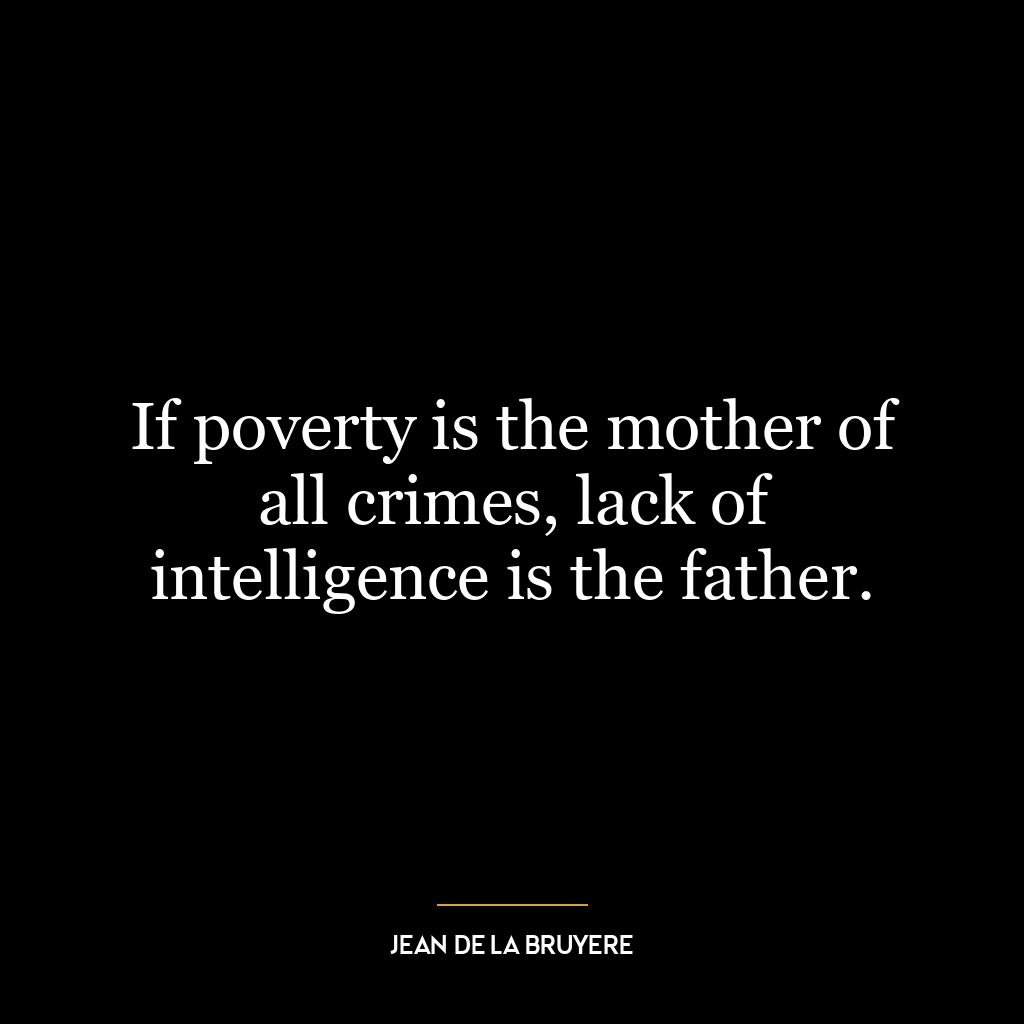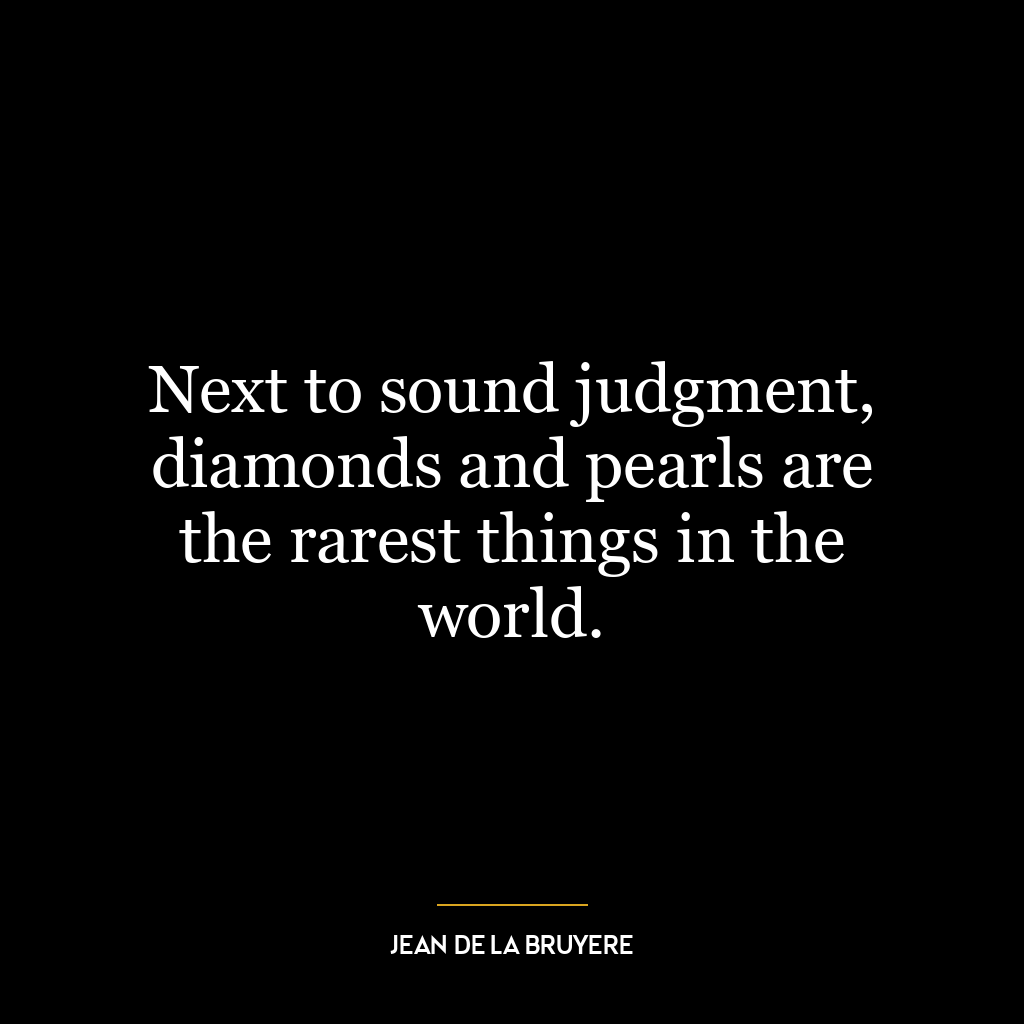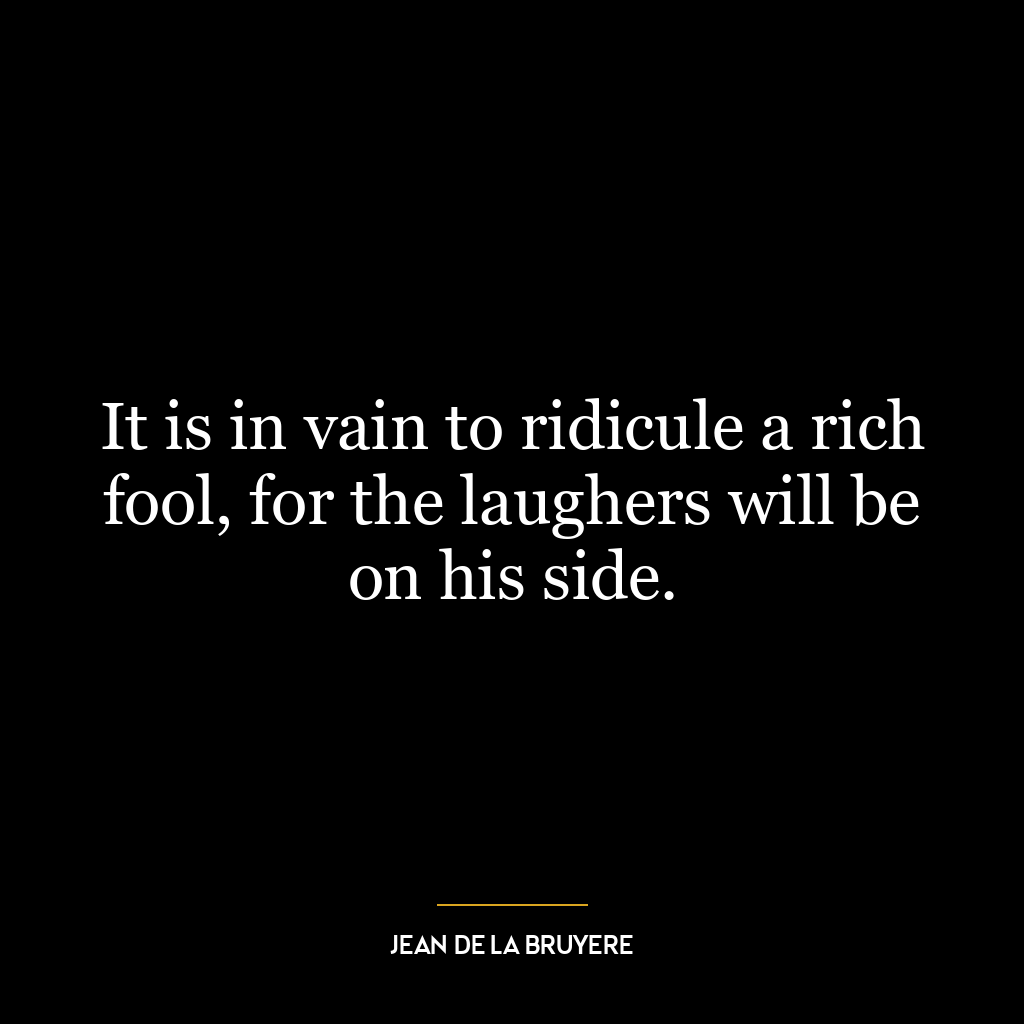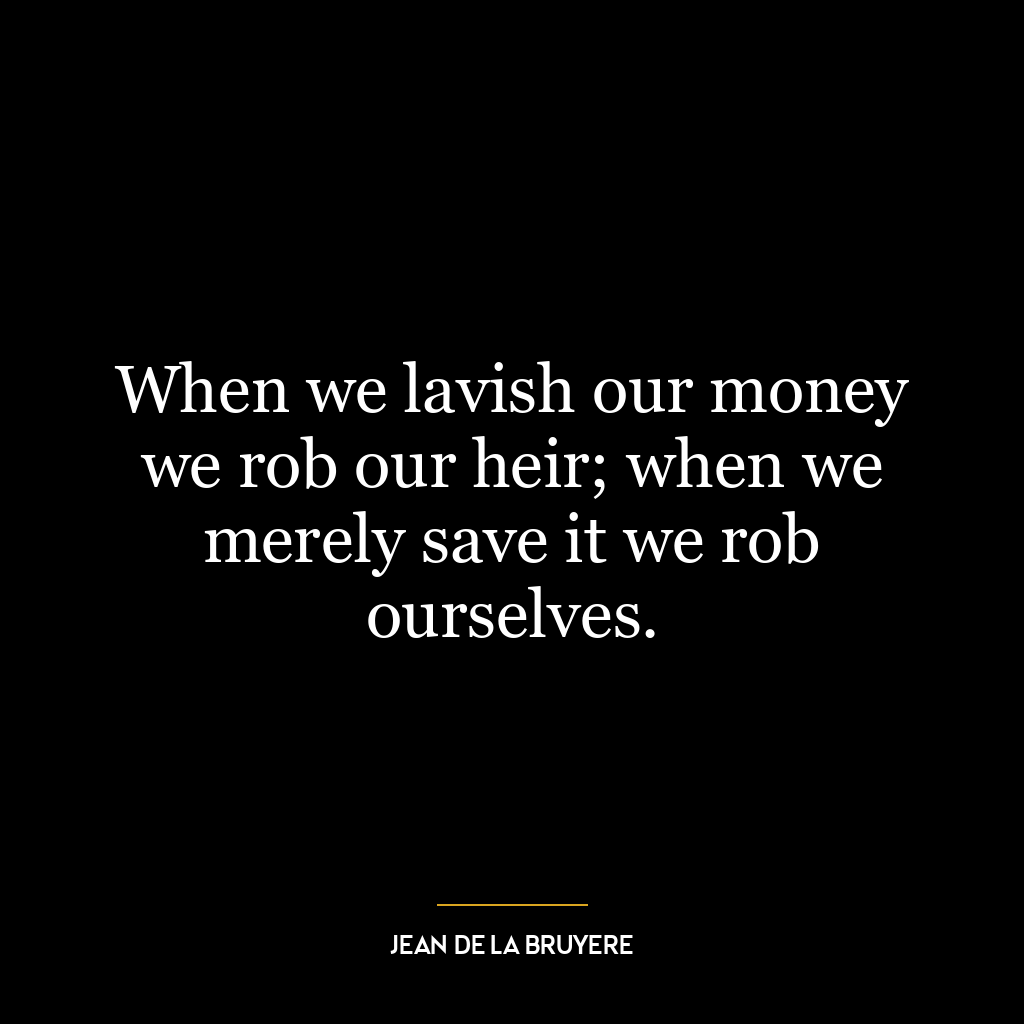This quote suggests that wealth does not necessarily lead to criminal behavior, but it often invites accusations and suspicions. The underlying idea is that the presence of wealth can incite envy, resentment, or suspicion in others, leading them to accuse the wealthy individual of wrongdoing. It’s not so much about the rich person’s actions but rather how others perceive those actions due to their own biases or prejudices.
Applying this concept in today’s world could involve considering how public opinion is often shaped by wealth and power dynamics. For instance, successful businesspersons or celebrities are frequently under scrutiny for their financial dealings or lifestyle choices. This doesn’t mean they are all engaging in illegal activities; instead, it reflects society’s tendency to suspect those with significant resources of wrongdoing.
In terms of personal development, this quote may serve as a reminder that success and prosperity can attract negative attention alongside positive recognition. It encourages individuals to maintain integrity and transparency as they attain success since any perceived misstep can be magnified by their elevated status. Furthermore, it teaches us not to judge people solely based on their wealth but rather on their character and actions because riches do not inherently equate with criminality.















